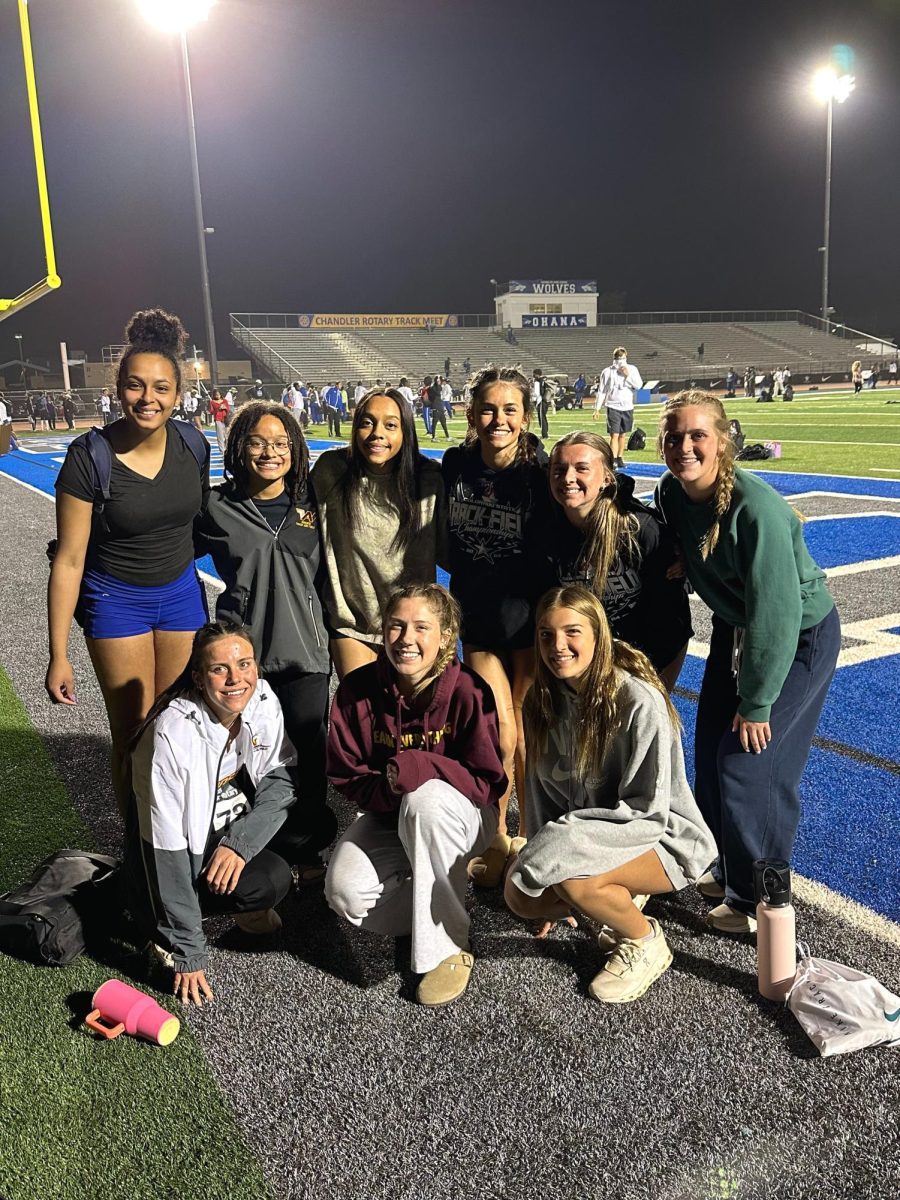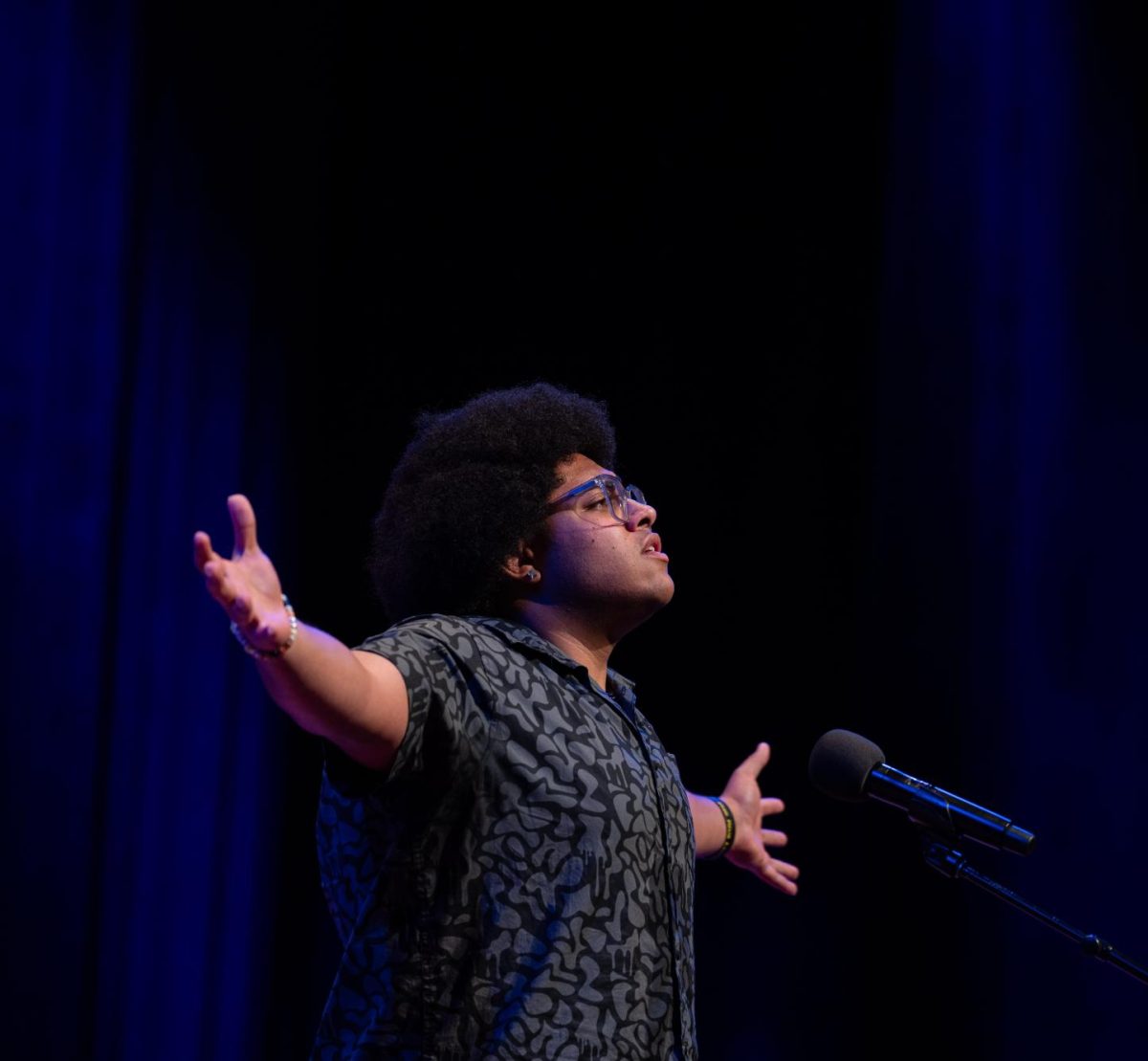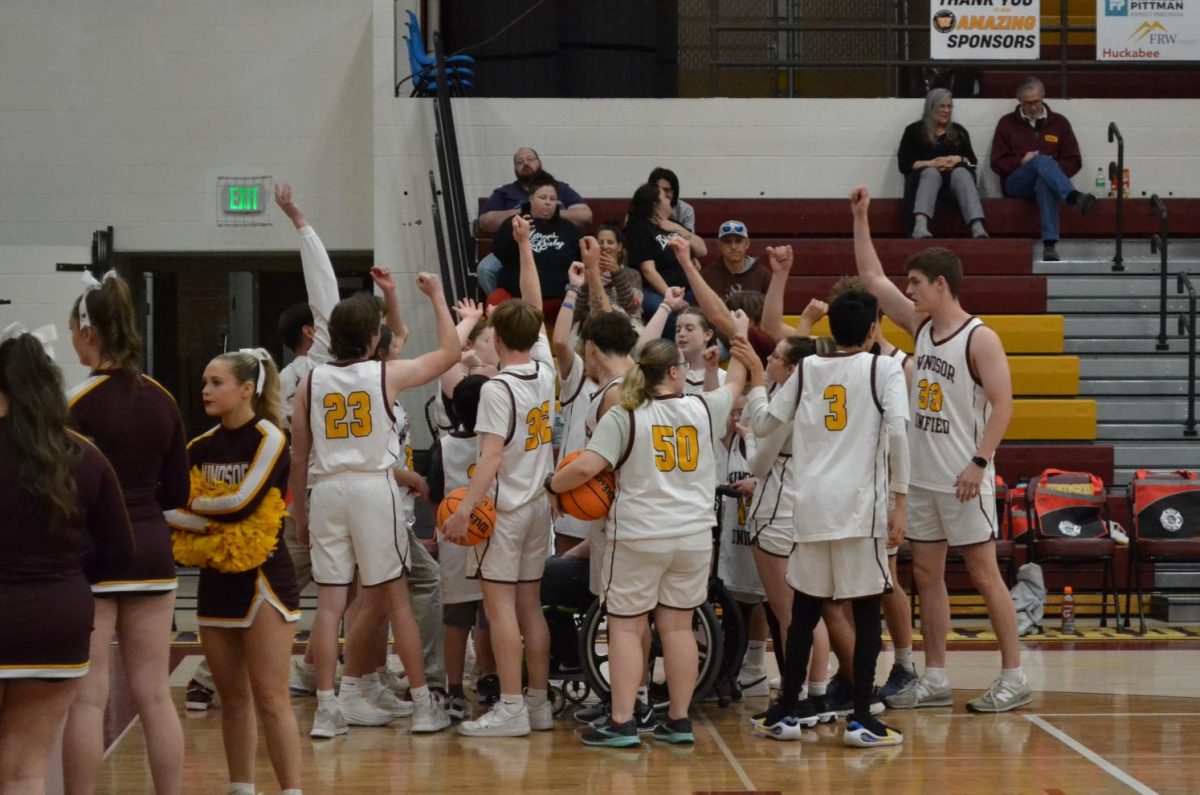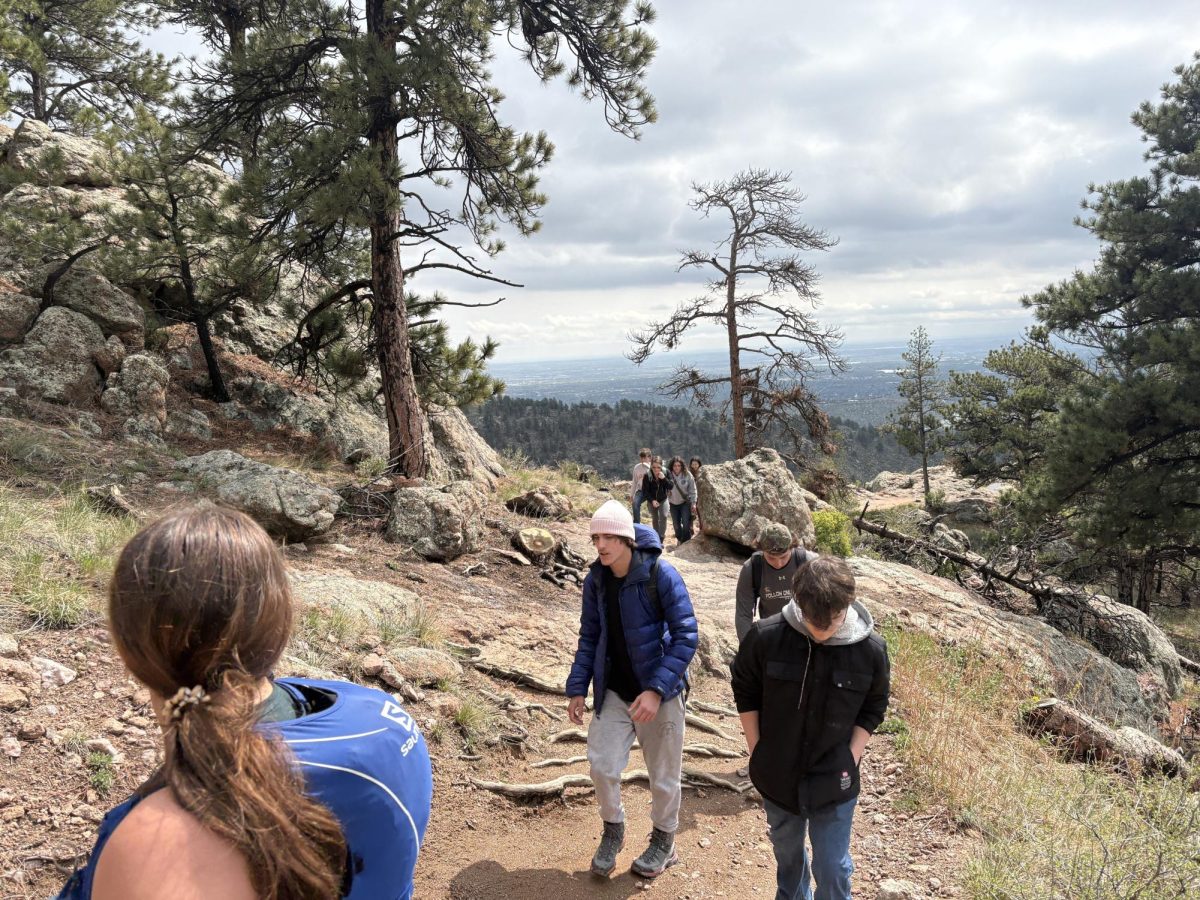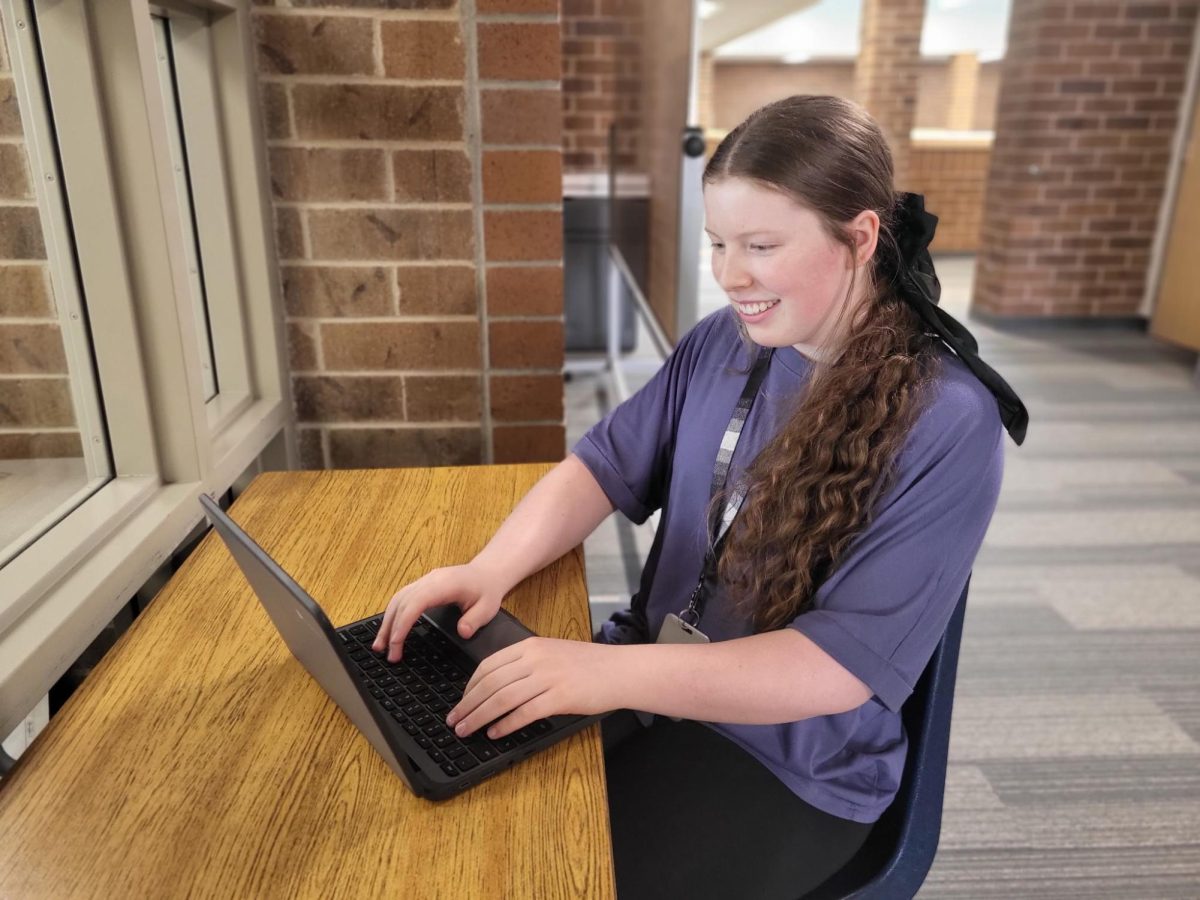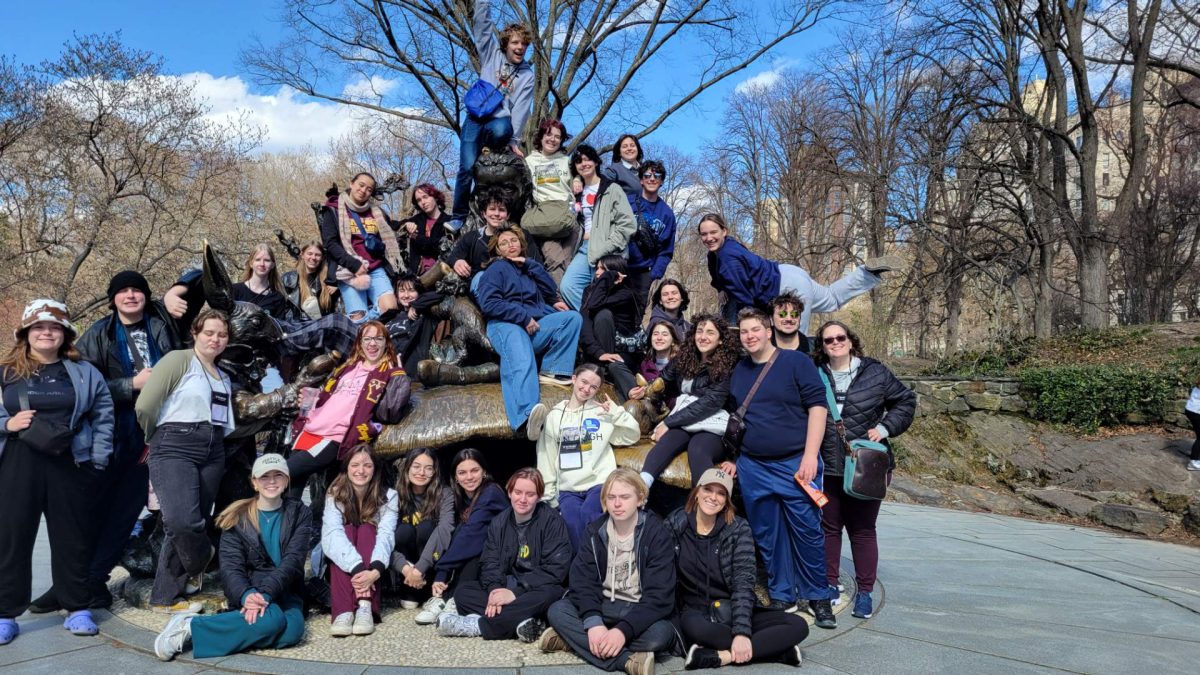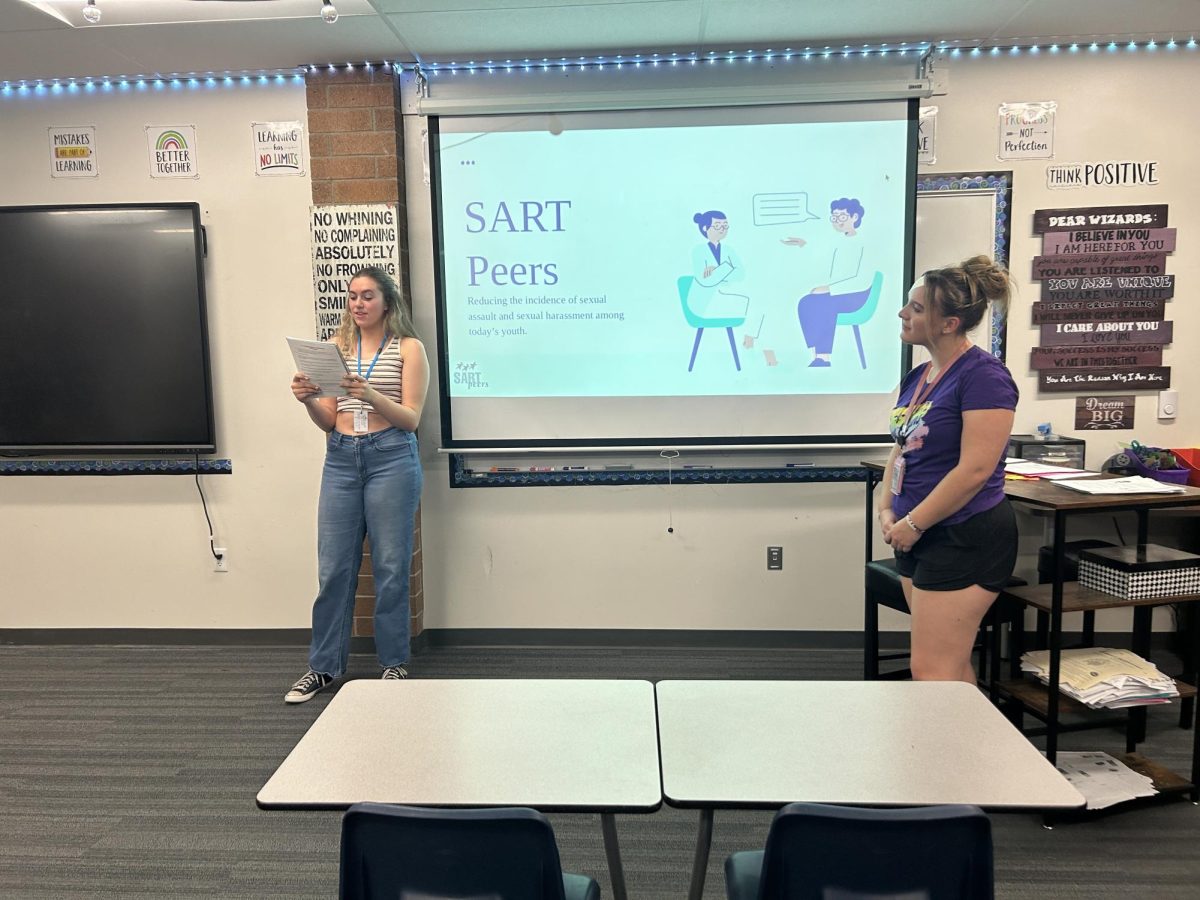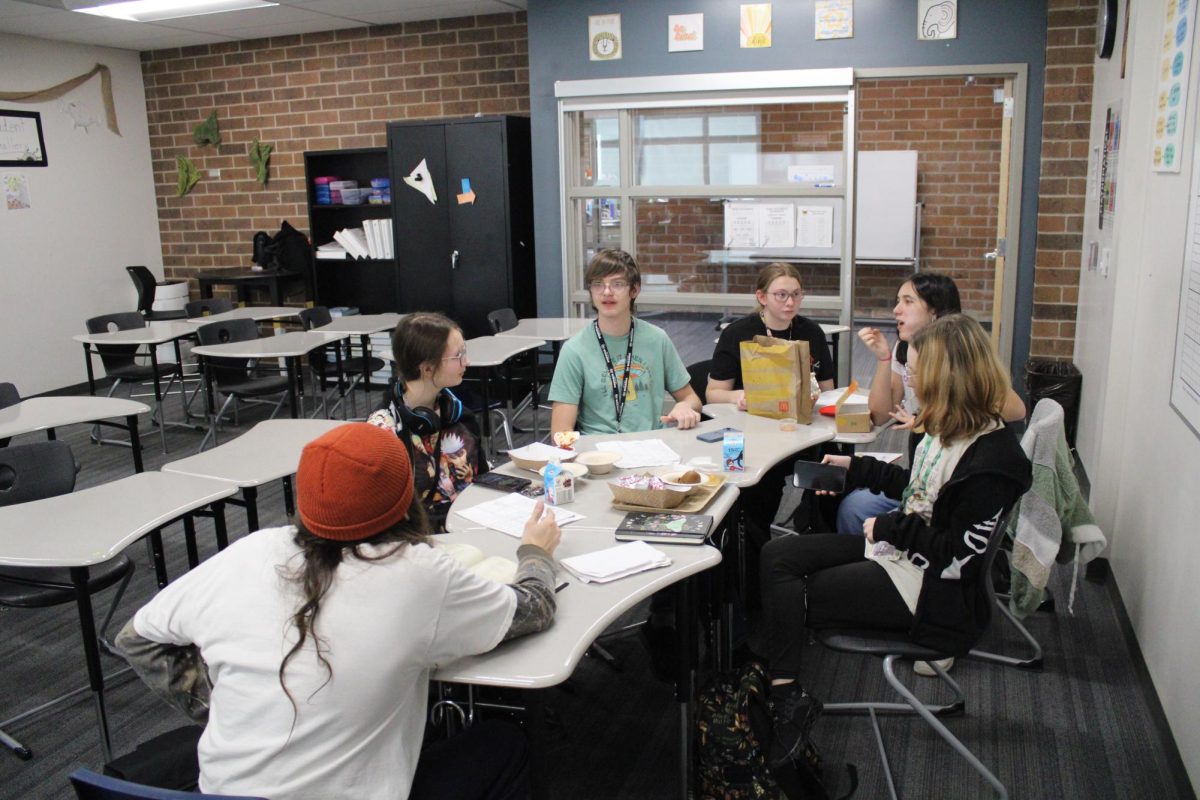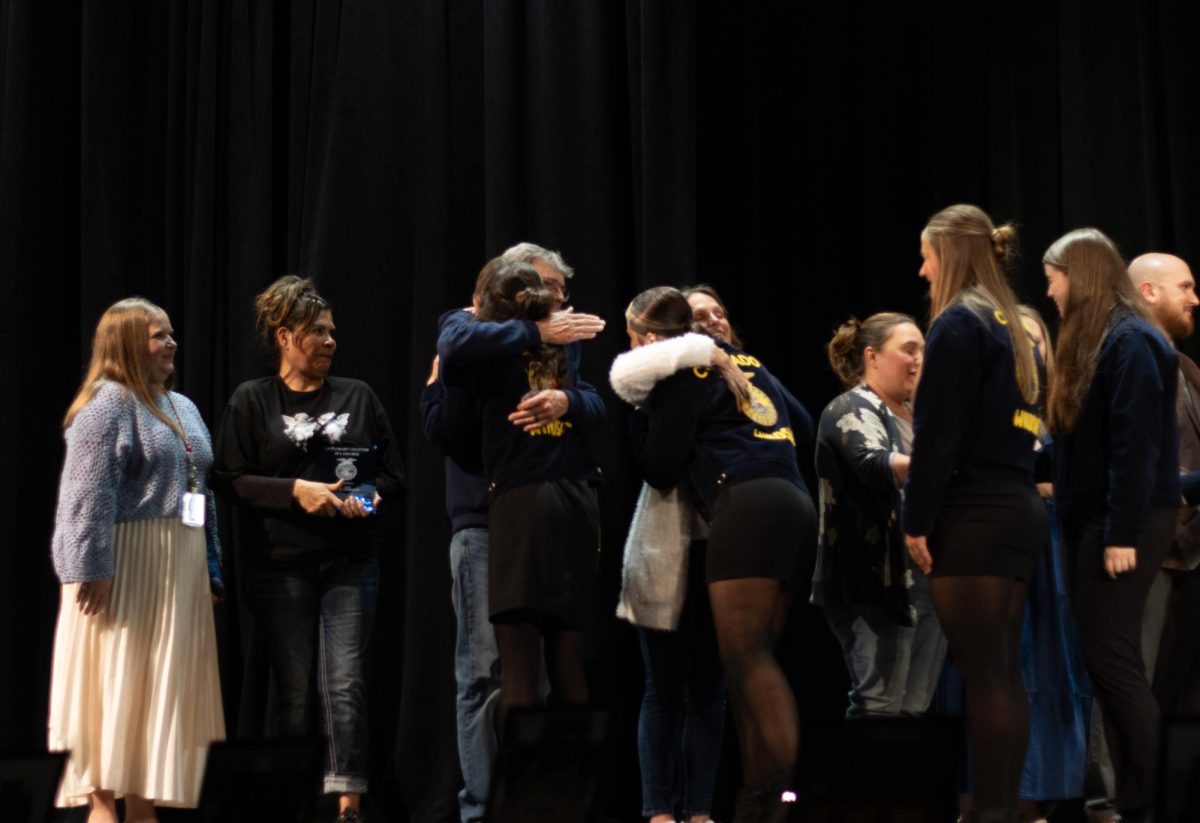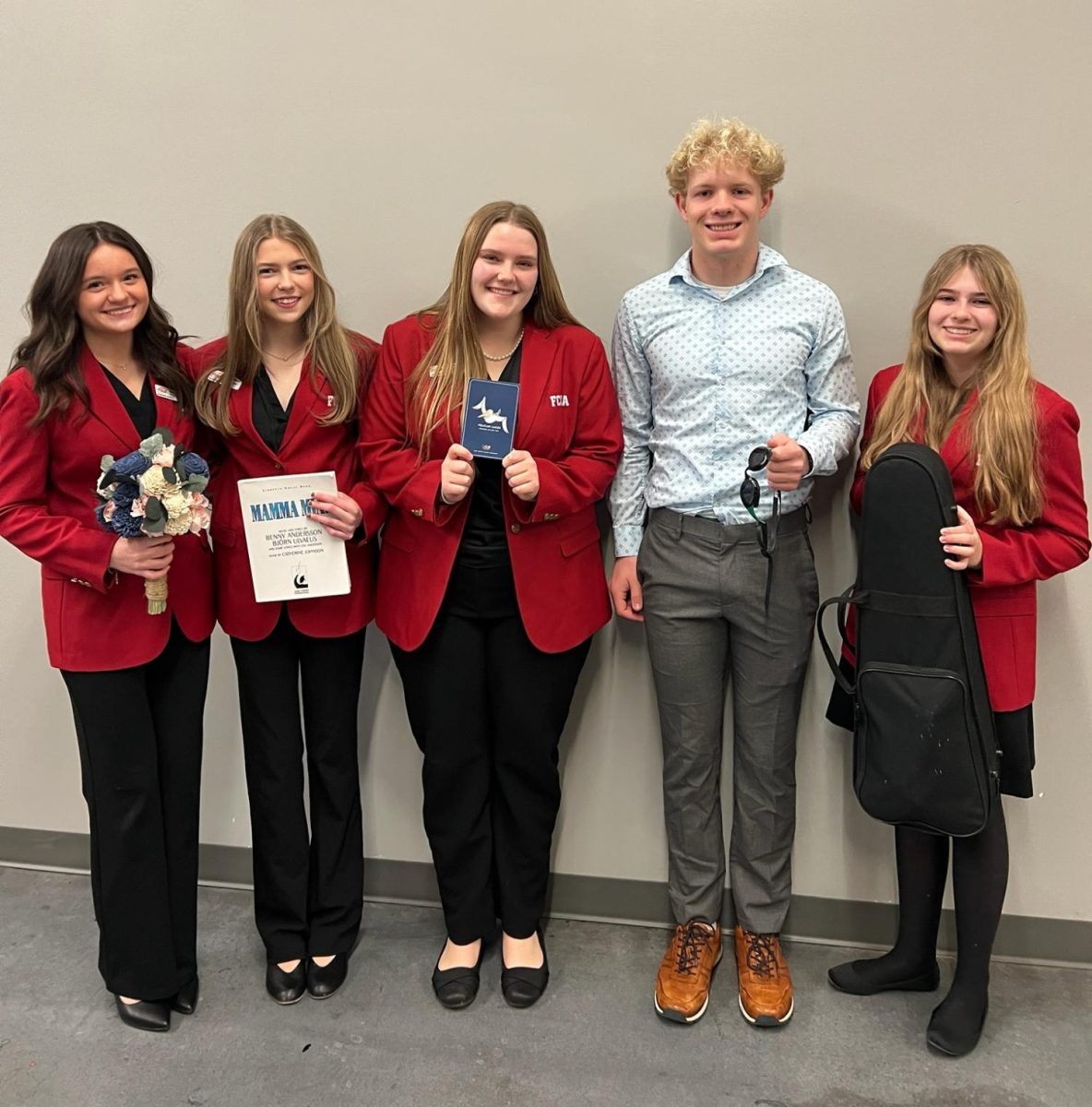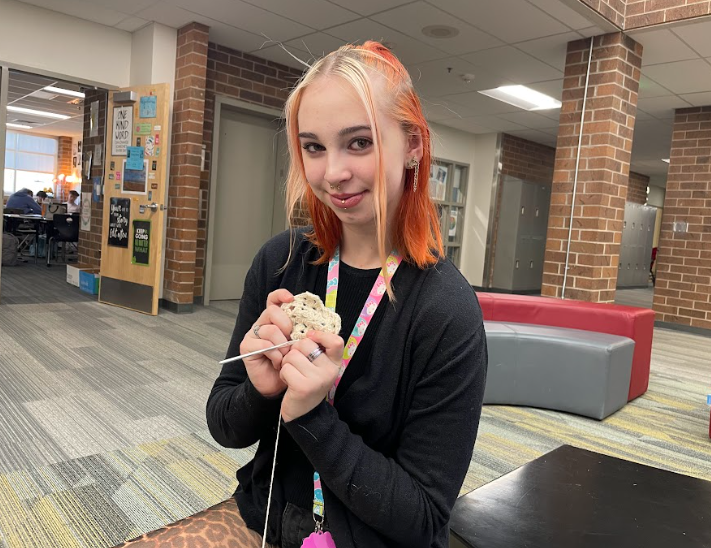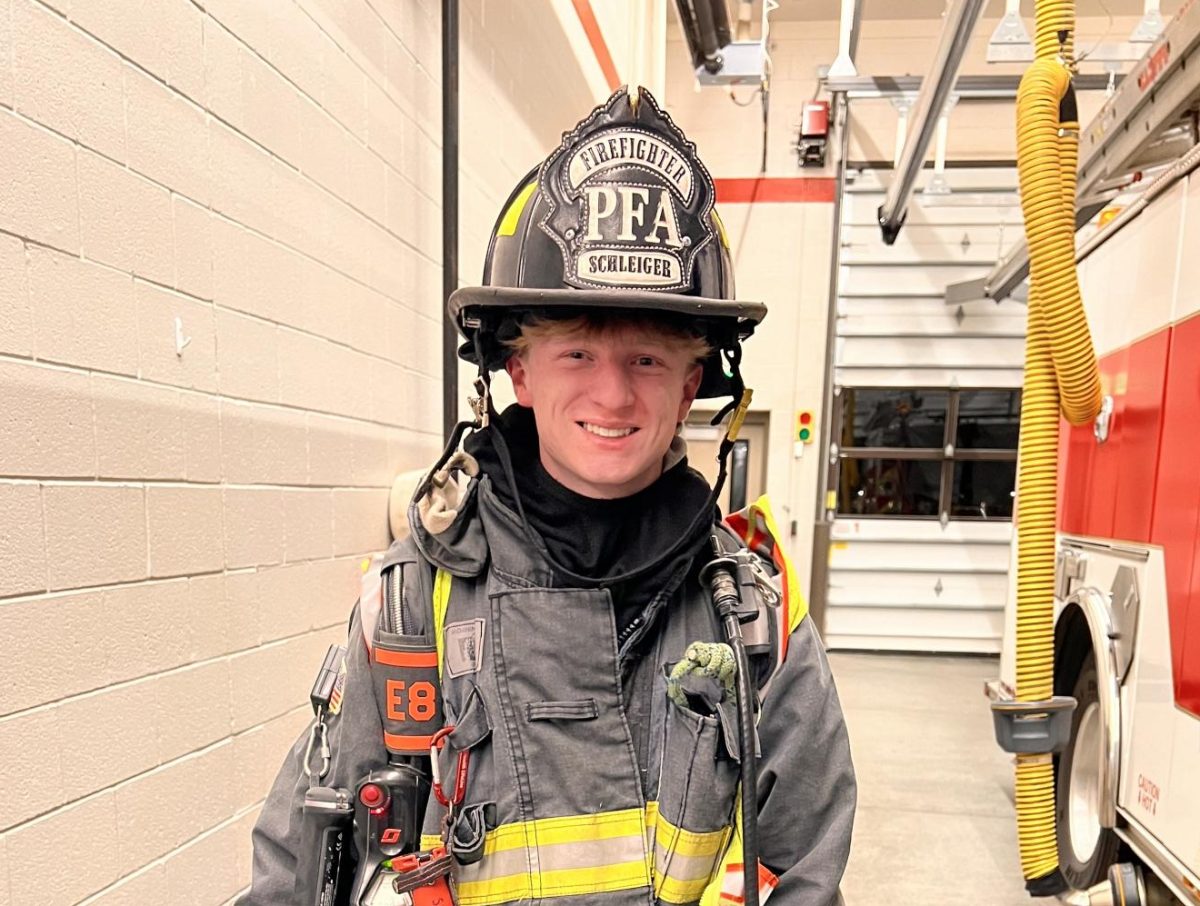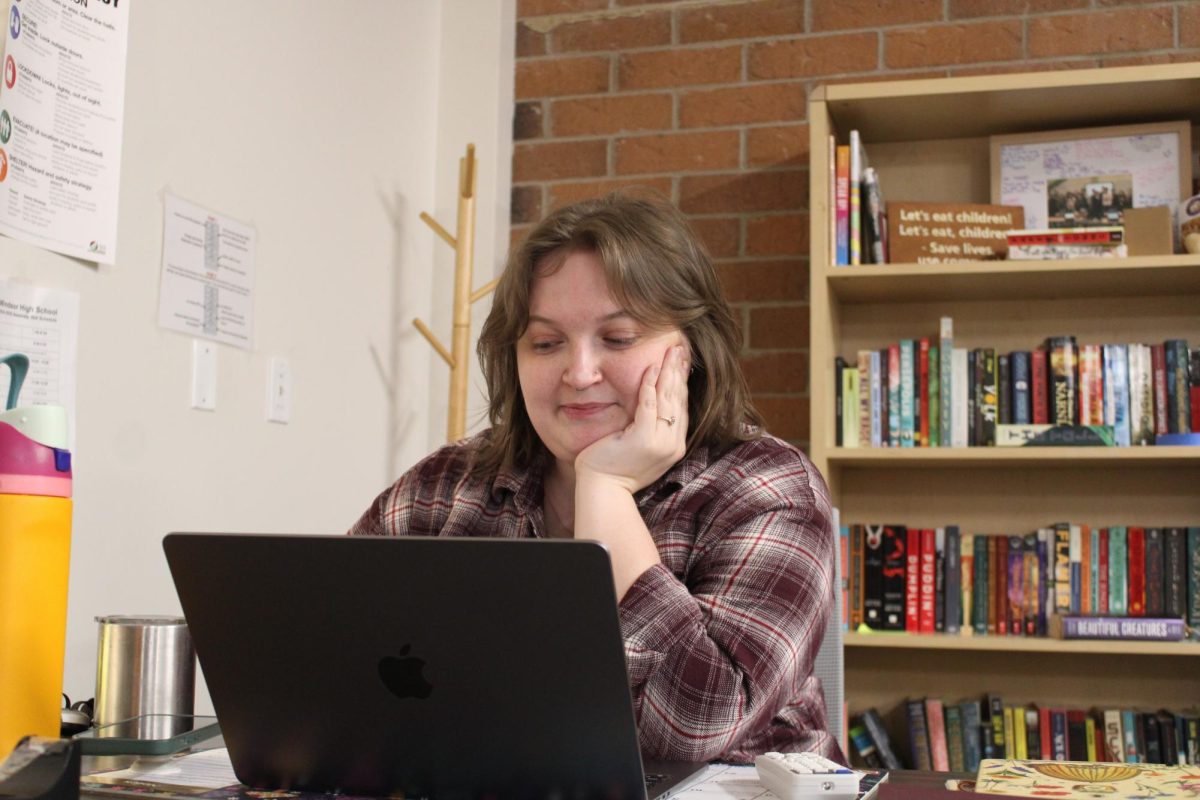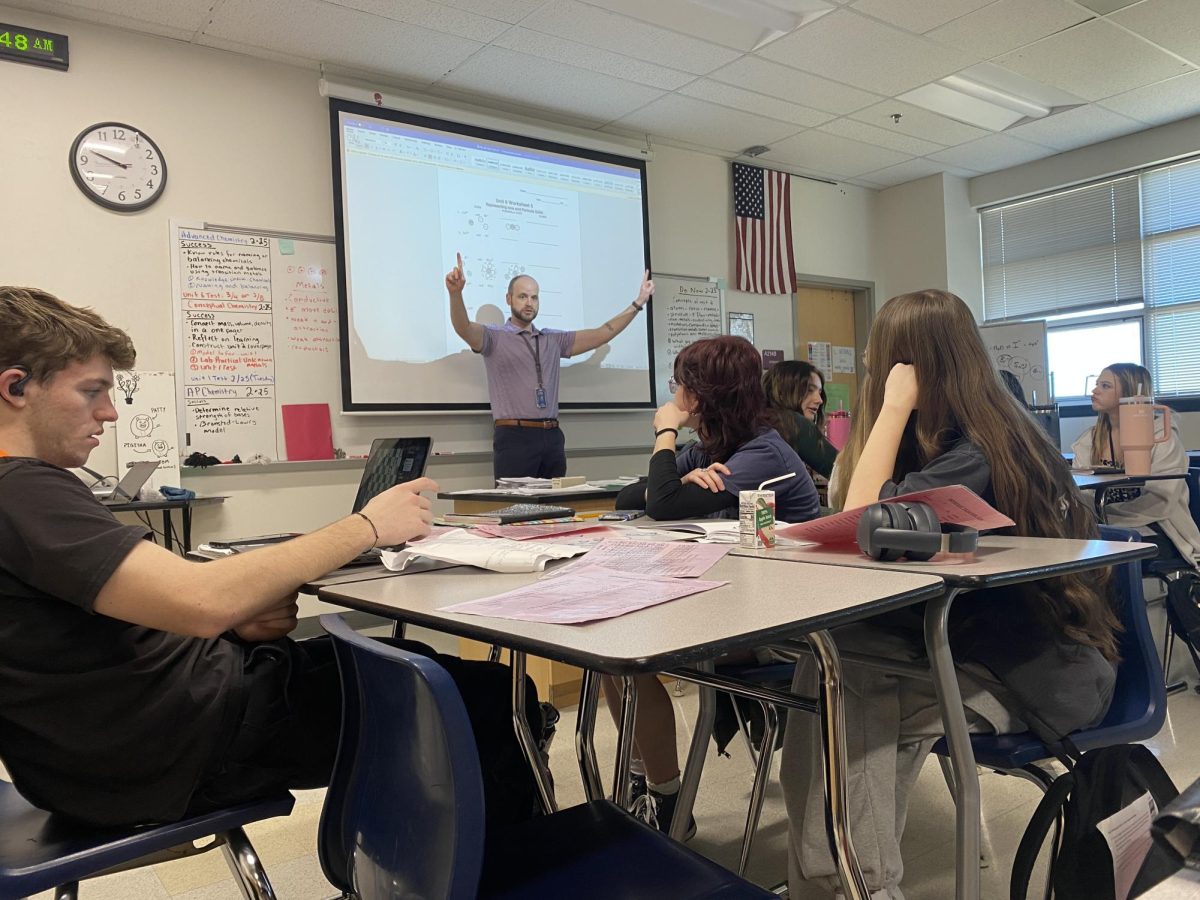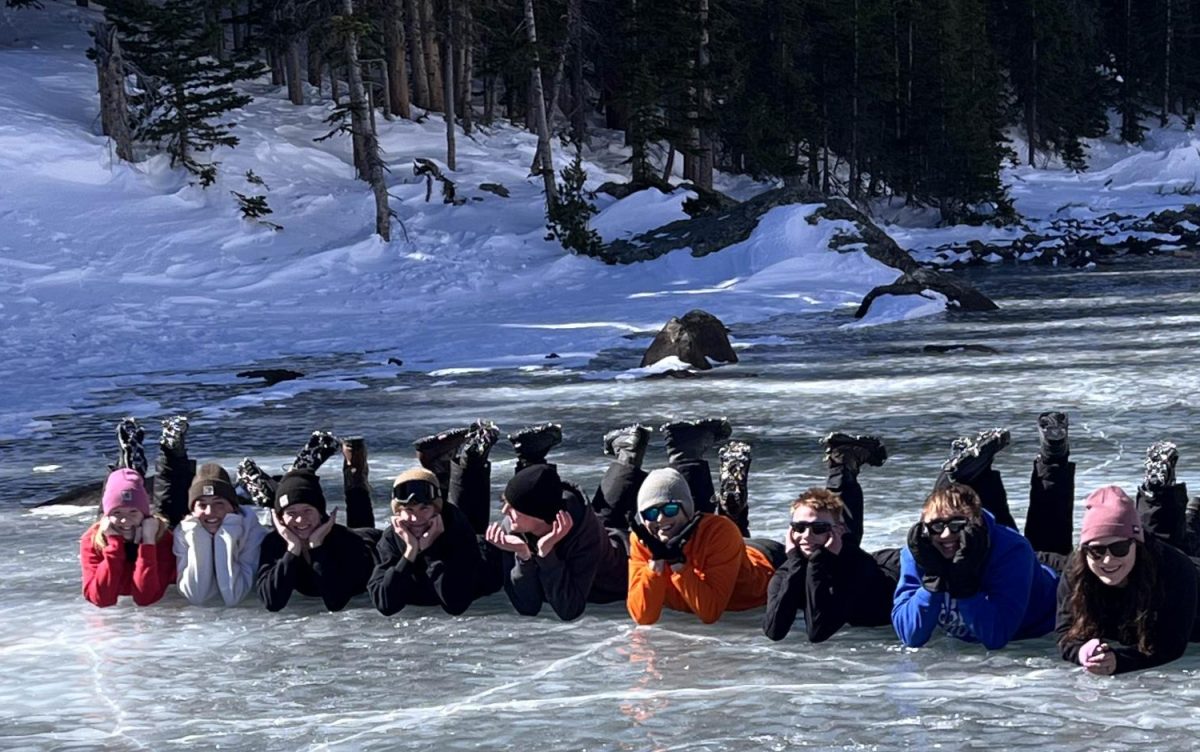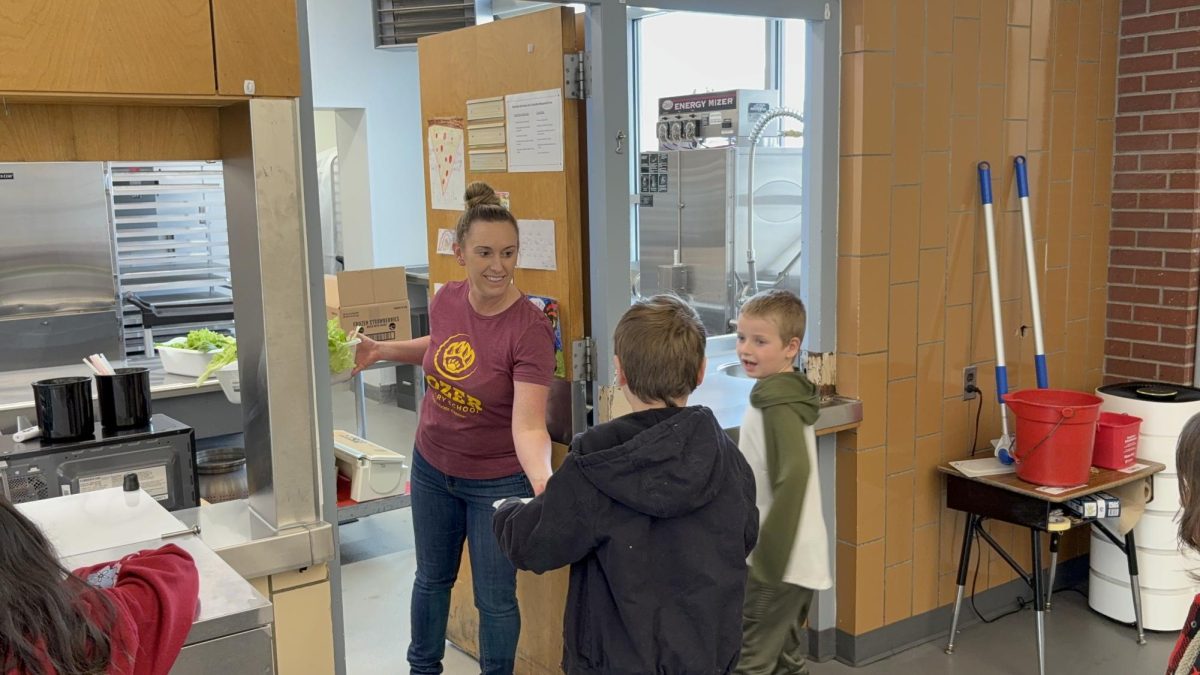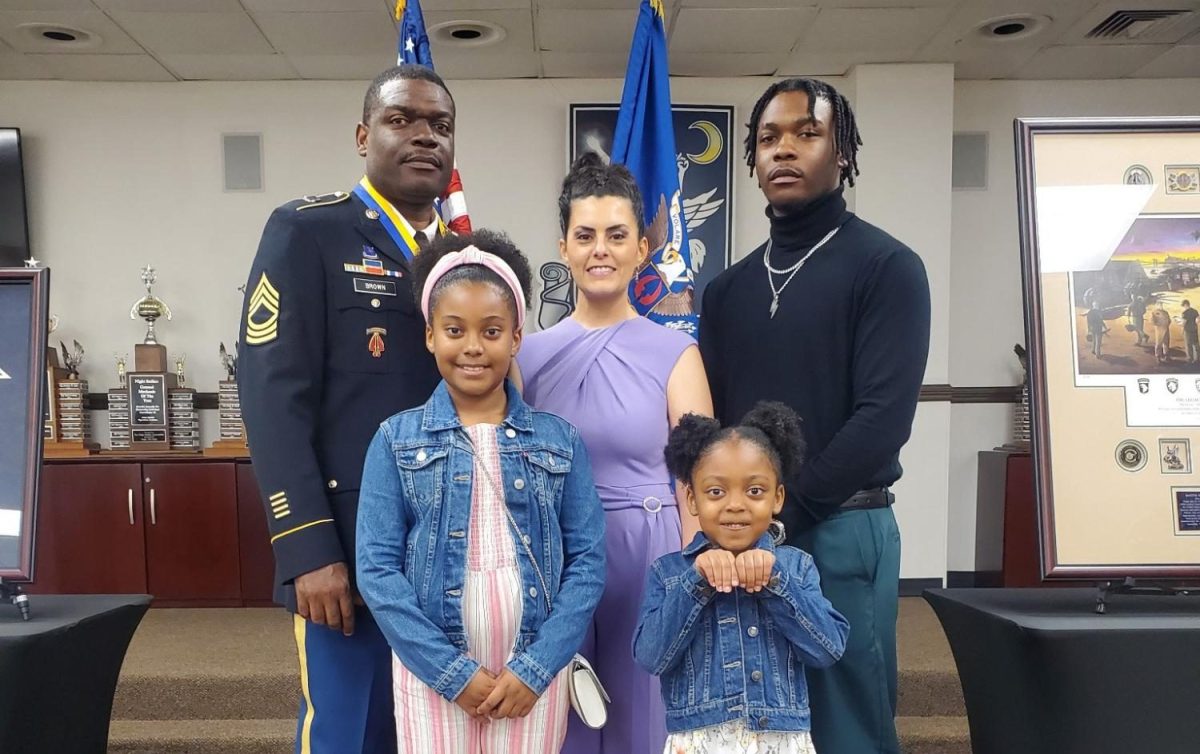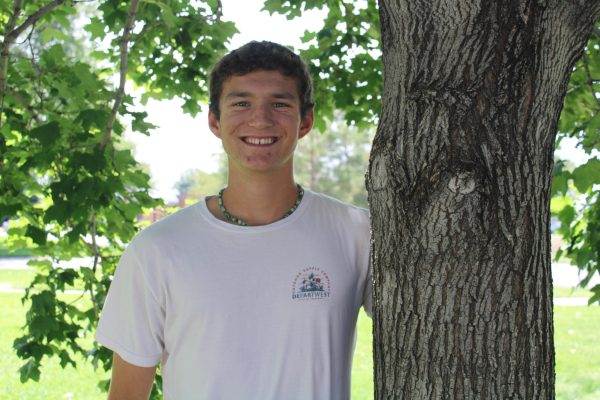On Jan. 23, Windsor High School hosted Laura and John Stack from Johnny’s Ambassadors to raise awareness to both students and parents about THC and marijuana becoming increasingly present in high schools around the country. L. Stack and J. Stack lost their son in 2019 due to suicide that they attribute to an addiction to marijuana.
Johnny’s Ambassadors is a non-profit program designed to educate — not solely discourage — the use of marijuana and THC among minors. In the state of Colorado, recreational marijuana is legal for adults 21 and older to use at their own volition.
L. Stack and J. Stack wanted to create a program in memory of their son because they thought that’s what he would’ve wanted: “I was a professional speaker and an author before this happened, and he knows me, so I think he made a point to tell me that (marijuana) was the problem,” L. Stack said.
In her presentation, L. Stack spoke a lot about her ignorance on the topic of marijuana and after much research realized how different it became between the time she was 17 and the time her son was 14, which was his age when he first tried it.
“When he became psychotic at UNC (University of Northern Colorado), that’s when we first started to wonder what’s going on …. They said THC and we were like, ‘How can that do it?’ but we didn’t know it could cause mental illness,” L. Stack said.
Through research and a plethora of questions for doctors and researchers, L. Stack realized that THC is different now than it was 30 years ago: “We started researching, and what I did when I read an article, I would reach out to the doctor and they would direct me to other articles …. It was just a slow epiphany, like, ‘Oh my God.’ I wrote a book called the ‘Dangerous Truth of Today’s Marijuana’ and it has 176 scientific notations, so I was just a researching junkie,” L. Stack said.
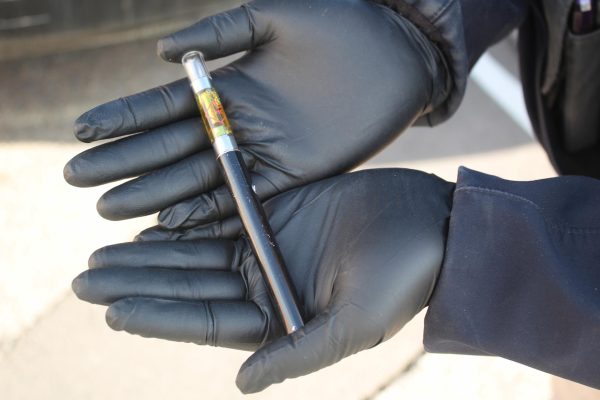
Staff and students were both unsure about the presentation when it was scheduled. School counselor Peter Marino (staff) said, “I didn’t really have an expectation (for students), but I expected when students heard marijuana there was going to be a lot of eye-rolling, but there were also those who genuinely wanted to learn.”
Though the expectation for the student body was not initially very high, L. Stack, in addition to the administration, was pleasantly surprised by the audience.
“We got a lot of positive feedback. The presenter afterwards said that they were very impressed with our student body and that they were engaged, interacted and maintained eye contact and many chose to stop and talk with her afterwards,” school counselor Sarah Johnson (staff) said.
Tessa Bauer (10) initially had the same idea that Marino presented; she thought “it would just be another drug talk.” This is to be expected, since many students have seen presentations about this or similar topics since middle school. For many students, though, their outlook shifted after this presentation: “It kind of shifted my opinion in the way that everyone has their own thing going on, even if you can’t see it or hear about it. So just give people grace and be there for people if they need it,” Bauer said.
When wrapping up her presentation, L. Stack gave students the option to go to lunch or speak with her. She remained in the gym for an extended period of time and got to experience other people’s reaction first hand.
“I feel nothing but joy and healing (when speaking with students). To me, I could just stay home and cry for the rest of my life. Or I could come out and tell other teens what happened to my son,” L. Stack said.
Even on the school’s side, there have been an increased number of students asking for help, not necessarily for them, but for others. Johnson said, “I think with assemblies like (this) it brings up a lot of questions. So it’s more students asking for friends and family rather than for themselves. They’re trying to find resources for others.”
With presentations like L. Stack’s, questions are raised, mindsets are changed and some remain unaffected, but L. Stack said in her speech that she wasn’t here to discourage, just to educate. Many among staff, students and parents saw her presentation this way and have taken the information into consideration to either change their habits or abstain from any such habits.


